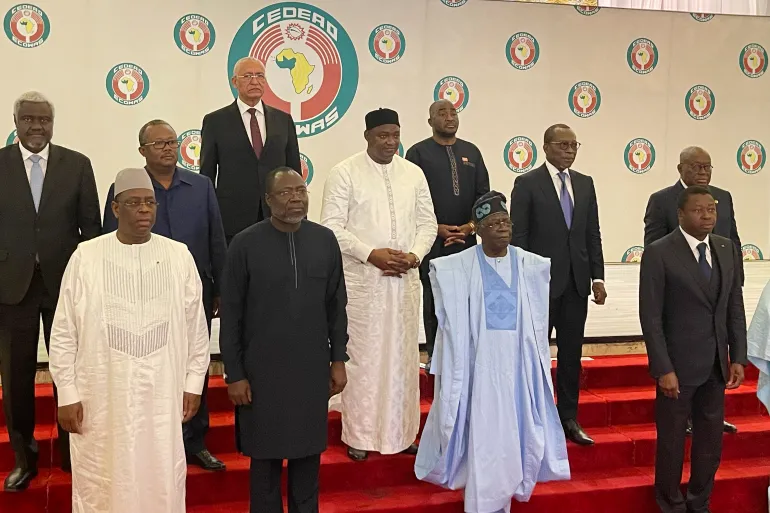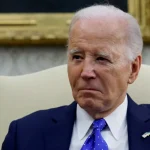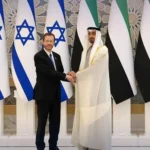In Dakar, the capital, Senegalese President Macky Sall and Nigerian President Bola Tinubu are meeting amid a constitutional crisis over the postponing of elections that were originally set for this month.
Day following day, Tinubu, who is also the chair of the Economic Community of West African States (ECOWAS), is on a one-day visit to Dakar. This comes after the foreign ministers of the bloc had emergency discussions in Abuja, Nigeria.
Senegal is facing one of its worst crises since gaining independence from France in 1960 as a result of Sall’s decision to postpone the presidential election scheduled for February 25.
In a nation long seen as a bastion of democracy and stability in West Africa—a region recently rocked by coups and turmoil—youth protests against security forces have grown more violent.
Senegal, one of ECOWAS’s most stable members, has been pushed to adhere to its election schedule, but detractors have already questioned the organization’s ability to influence these more independent members. The three countries commanded by the military—Mali, Burkina Faso, and Niger—that declared their exit from the bloc in January were not present at the meeting of foreign ministers on Thursday in Abuja. Guinea was not present either, having been suspended from the bloc after a coup.
The unrest has also cast doubt on the almost 50-year-old bloc’s larger role, particularly after it abandoned its threat of military action in Niger last year and there was no indication that the overthrown president of the nation was any closer to returning to office.
Sall stated that he decided to postpone the election due to a disagreement between the Constitutional Council and parliament on candidates who were not allowed to compete.







